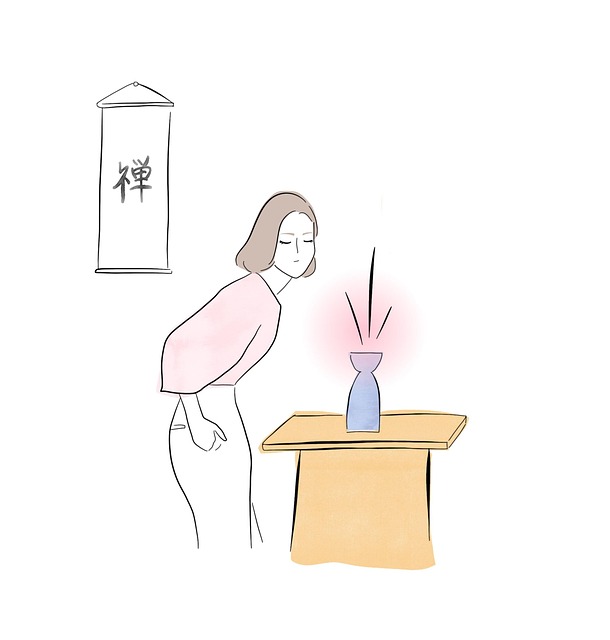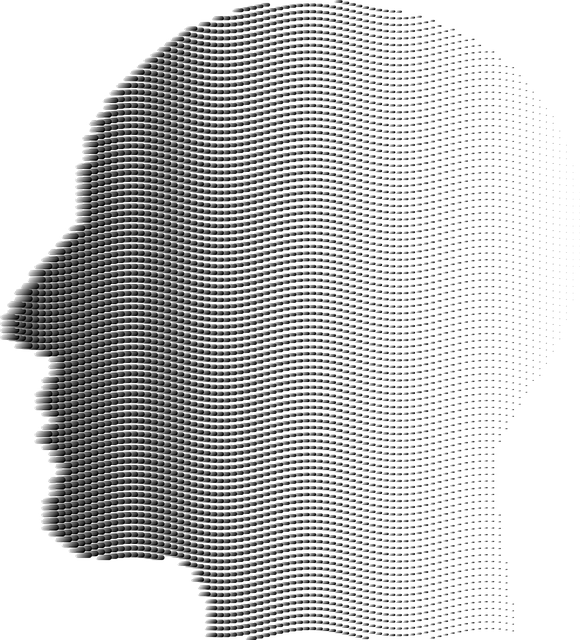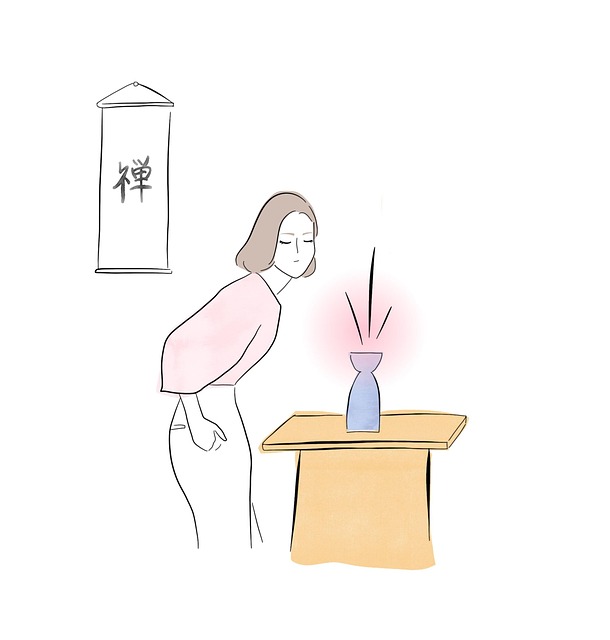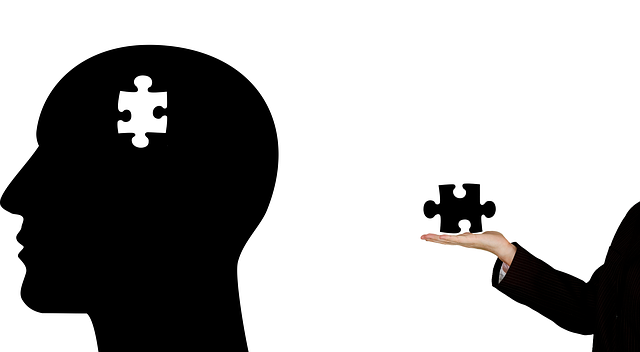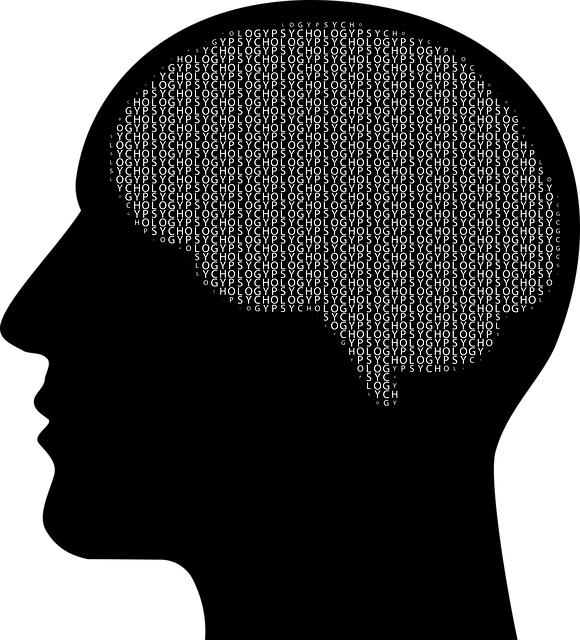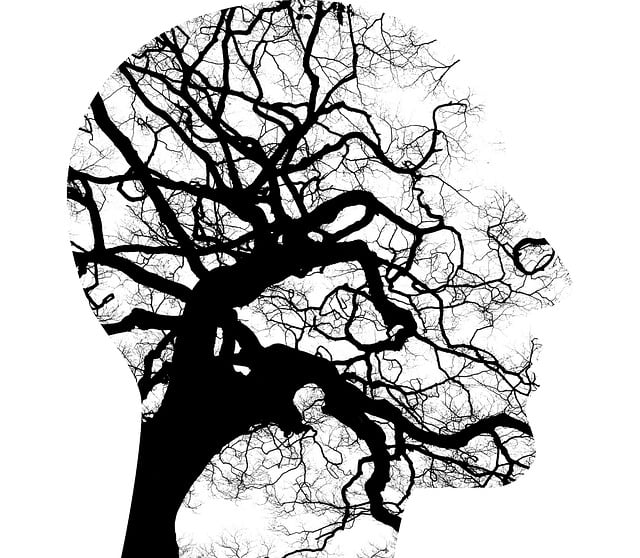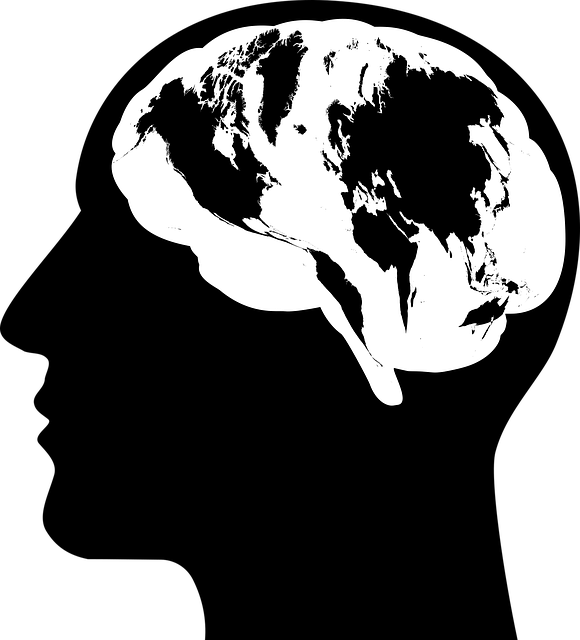Elder veterans face distinct mental wellness challenges due to aging, health issues, and service trauma. Specialized Therapy for Elder Veterans adapts traditional therapy to include adaptive strategies, confidence-boosting activities, and addressing social isolation barriers. Holistic support tailored for veterans enhances resilience, purpose, and overall well-being, with mindfulness, meditation, physical activity, and nurturing social connections as key components. Effective self-care practices preserve mental health and improve quality of life for both veterans and caregivers.
Self-care is a vital aspect of maintaining mental well-being, especially for elder veterans facing unique challenges. This article explores strategies to enhance self-care practices tailored to their needs. We delve into the specific impacts of chronic stress and trauma on aging minds, offering insights on how mindfulness and meditation can foster calm and clarity. Additionally, we highlight the significance of physical activity and social connections in improving mental health, providing valuable guidance for a holistic approach to therapy for elder veterans.
- Understanding the Unique Needs of Elder Veterans
- The Impact of Chronic Stress and Trauma on Aging Minds
- Incorporating Mindfulness and Meditation for Calm and Clarity
- Physical Activity and its Role in Enhancing Mental Well-being
- Nurturing Social Connections and Creating Supportive Networks
Understanding the Unique Needs of Elder Veterans

Elder veterans face unique challenges when it comes to self-care practices and mental wellness. As they navigate aging and potential health issues, their needs often differ from younger populations. Many elder veterans may have experienced trauma during their service, which can manifest as invisible wounds that require specialized attention. Traditional therapy for elder veterans should consider these distinct circumstances, focusing on adaptive strategies for maintaining mental health and enhancing self-care routines.
One effective approach is to integrate confidence-boosting activities into their care plans. Mental wellness coaching programs development tailored for veterans can foster resilience, promote a sense of purpose, and improve overall well-being. By addressing the specific barriers they face, such as social isolation or access to resources, self-care practices can be optimized. This holistic support ensures that veteran individuals not only manage their mental health but also thrive in their later years.
The Impact of Chronic Stress and Trauma on Aging Minds

Chronic stress and trauma can have profound effects on an individual’s mental wellness, especially as they age. For elderly individuals, including veterans, these issues can exacerbate existing health conditions and accelerate cognitive decline. The impact is evident in various aspects of life; from memory loss and difficulty concentrating to increased anxiety and depression levels. This phenomenon is particularly pertinent for elders who have served in the military, often facing unique challenges that contribute to long-term stress. Therapy for Elder Veterans plays a crucial role in addressing these issues by providing specialized support tailored to their experiences.
Preventing burnout among healthcare providers who cater to this demographic is also essential in fostering a holistic approach to self-care practices. Burnout Prevention Strategies for Healthcare Providers emphasize the importance of mental wellness, ensuring professionals can offer optimal care without succumbing to the demands of their roles. By incorporating effective self-care practices, both veterans and caregivers can navigate the complexities of aging minds, promoting overall well-being and enhancing the quality of life.
Incorporating Mindfulness and Meditation for Calm and Clarity

Incorporating mindfulness and meditation into daily routines can significantly enhance both mental health awareness and overall well-being for Elder Veterans. These practices offer a calming effect, helping to manage stress and promote mental wellness coaching. By dedicating just a few minutes each day to mindfulness exercises, veterans can experience improved focus and clarity, which are essential for navigating the challenges of daily life.
Meditation serves as a powerful tool in fostering mental wellness coaching programs development. It enables individuals to connect with their thoughts and emotions, leading to better stress management workshops organization. For Elder Veterans, this can be particularly beneficial, as it provides a means to process experiences, gain perspective, and cultivate resilience, thereby improving overall mental health awareness and quality of life.
Physical Activity and its Role in Enhancing Mental Well-being

Physical activity is a powerful tool for enhancing mental well-being, particularly relevant for elder veterans seeking therapy. Regular exercise has been shown to significantly reduce symptoms of depression and anxiety, two common challenges faced by this demographic. Beyond its therapeutic benefits, physical activity promotes the release of endorphins, often referred to as “feel-good” hormones, which can improve mood and overall emotional regulation—a crucial aspect of maintaining mental wellness.
Engaging in activities like walking, swimming, or even gardening can provide a sense of accomplishment and purpose, fostering a positive self-image. Moreover, these practices can serve as an outlet for stress and tension, much like the Mental Wellness Podcast Series Production offers creative avenues for expression. By incorporating physical activity into their routines, elder veterans can improve their ability to manage and resolve conflicts internally, contributing to a more peaceful and balanced state of being.
Nurturing Social Connections and Creating Supportive Networks

Nurturing social connections is a vital component of self-care, especially for elder veterans seeking therapy. The support and camaraderie derived from strong relationships can significantly enhance mental wellness and act as a powerful buffer against isolation and depression prevention. Building a supportive network involves reaching out to family, friends, or even joining community groups aligned with shared interests. These connections provide opportunities for open dialogue, emotional support, and a sense of belonging, all essential for maintaining positive thinking and overall mental health.
For veterans, creating such networks can be transformative. Sharing experiences and forming bonds with peers who understand unique challenges can foster a profound sense of camaraderie. This social safety net becomes invaluable in navigating life’s ups and downs, promoting resilience, and contributing to a holistic approach to self-care that addresses both physical and emotional well-being.
For elder veterans, prioritizing self-care is not just a wellness practice but a crucial therapy. By understanding their unique needs and implementing strategies such as mindfulness, physical activity, and nurturing social connections, we can significantly enhance their mental well-being. Incorporating these practices into daily routines allows for a holistic approach to care, addressing the impact of chronic stress, trauma, and promoting calmness. It’s through these self-care initiatives that we can empower elder veterans to live fulfilling lives, ensuring their resilience and overall happiness.




